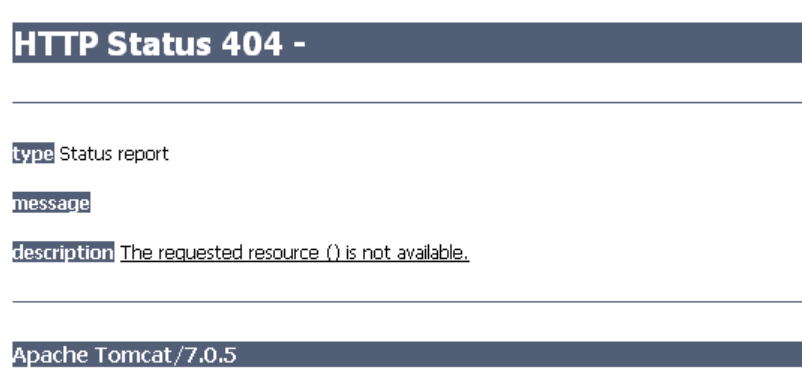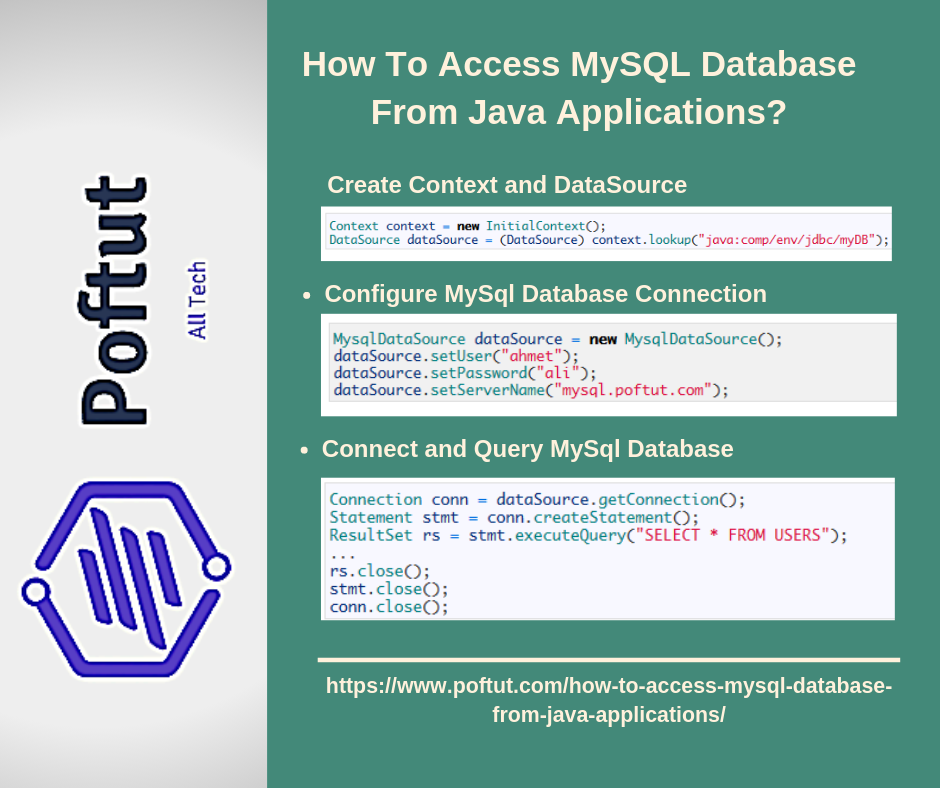Java包含5个条件块,即:if、switch、while、for和try。 在所有这些块中,如果指定的条件为真,则执行块内的代码,反之亦然。此外,Java编译器不允许您将局部变量保持未初始化状态。
null
在条件块内初始化局部变量时,必须记住以下3个细节: 1.如果指定的条件为真,并且条件中提供了“值”,则程序可以正常编译。 2.如果指定的条件为true,但条件中提供了“变量”,则会出现编译错误。 3.如果指定的条件为false,则会出现编译错误。
对于基元和引用类型的局部变量,上述给定点都是正确的。
例子: 下面的代码将给出一个编译错误。
// Java program to demonstrate error if we // assign value to an uninitialized variable // only in if block. public class InitTesting { public static void main(String args[]) { int i = 100 ; int j; // Note that the condition is false if (i > 500 ) j = i + 5 ; System.out.println( "j :" + j); } } |
Output:
prog.java:8: error: variable j might not have been initialized
System.out.println("j :" + j);
^
1 error
if语句中的条件为false。因此,局部变量“j”永远不会初始化。因此,试图引用第8行中未初始化的变量“j”会导致编译错误。 要避免这种情况,请将局部变量初始化为条件块之外的默认值。 下面的代码运行良好-
// Java program to demonstrate that the above // error is gone if we initialize the variable. public class InitTesting { public static void main(String args[]) { int i = 100 ; int j = 0 ; // Note that the condition is false if (i > 500 ) { j = i + 5 ; } System.out.println( "j :" + j); } } |
Output: j :0
此外,在Java中,“值”是在编译时读取的。但是,“变量”是在运行时读取的。因此,当变量是条件的一部分,并且在条件块内初始化了另一个变量时,会出现意外的编译时错误。
示例:查看下面的代码:
// Java program to demonstrate error even if // condition is true. class Test { public static void main(String args[]) { int a = 90 ; int b = 80 ; int i; // The condition is true if (a > b) { i = a + 5 ; } System.out.println( "i :" + i); } } |
Output:
prog.java:9: error: variable i might not have been initialized
System.out.println("i :" + i);
^
1 error
不管条件是真是假,它都会给出一个编译错误,因为Java在编译时没有读取变量,因此“i”没有初始化。
另一方面,如果指定值而不是变量,则不会发生这种情况。
// Java program to demonstrate that there is // no error if we constants in if condition. class Test { public static void main(String args[]) { int i; if ( 90 > 80 ) { i = a + 5 ; } System.out.println( "i :" + i); } } |
Output: i :95
© 版权声明
文章版权归作者所有,未经允许请勿转载。
THE END


![关于”PostgreSQL错误:关系[表]不存在“问题的原因和解决方案-yiteyi-C++库](https://www.yiteyi.com/wp-content/themes/zibll/img/thumbnail.svg)






